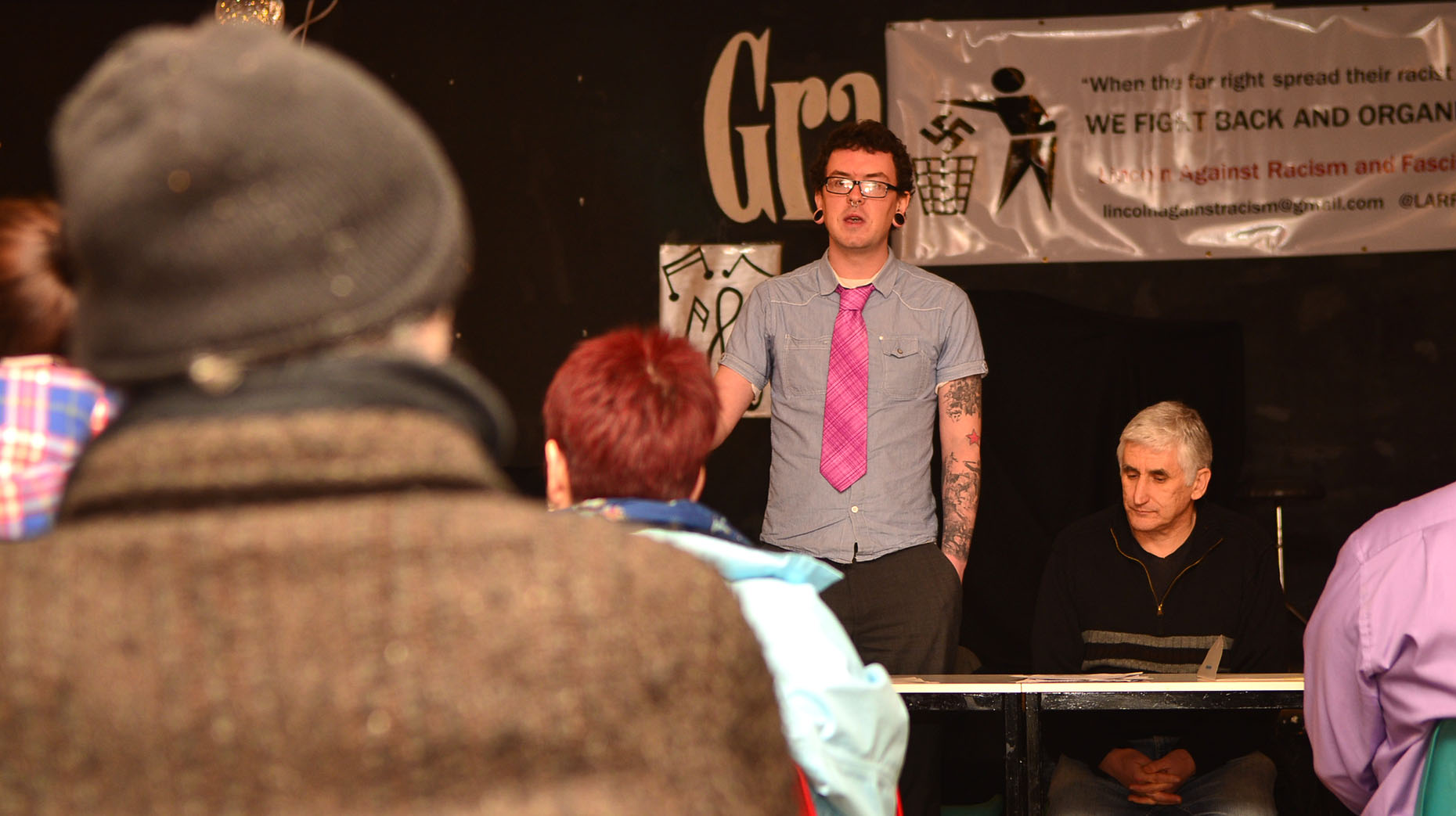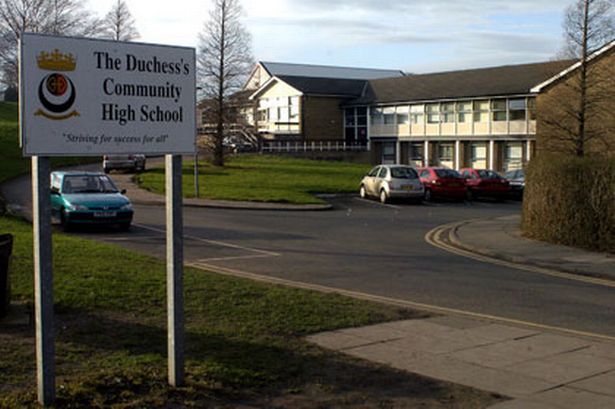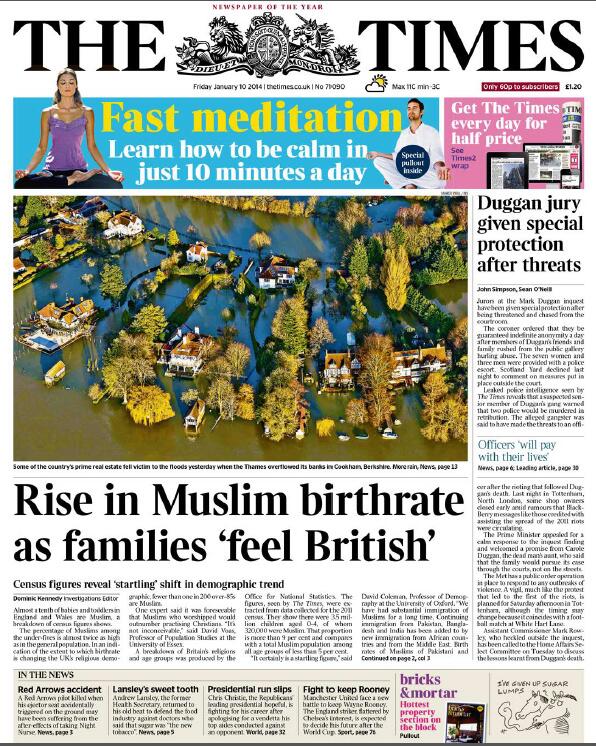 The number of children seeking help for racist bullying increased sharply last year, as campaigners warn that the heated public debate about immigration is souring race relations in the classroom.
The number of children seeking help for racist bullying increased sharply last year, as campaigners warn that the heated public debate about immigration is souring race relations in the classroom.
More than 1,400 children and young people contacted ChildLine for counselling about racist bullying in 2013, up 69 per cent on the previous 12 months. Islamophobia is a particular issue in schools, according to the charity, with young Muslims reporting that they are being called “terrorists” and “bombers” by classmates.
Children who have poor English or a strong accent are often called “freshies” – an abusive term that highlights their struggle to fit in.
The rise in children needing help for xenophobic bullying coincides with rising political hostility to immigration – especially in the lead-up to this month’s lifting of restrictions on Romanians and Bulgarians entering the UK. In 2011, just 802 children approached the charity seeking help for racist bullying.
Sue Minto, head of ChildLine, said: “There’s so much more of a focus in the news at the moment about immigrants… it’s a real discussion topic and children aren’t immune to the conversations that happen around them. Some children are being told, even if they’re UK born, to pack your bags and go back where you belong. It is very worrying, it’s a big increase. This past year, it really seems to be something children and young people are suffering with.”
Overall, the number of children needing support for bullying of any kind was up 8 per cent between 2012 and 2013, according to ChildLine.
The charity’s report found that the majority of the racist bullying affecting children was happening at school and many of those calling ChildLine for counselling say teachers ignore the situation or make it worse with clumsy interventions.
James Kingett, of the charity Show Racism The Red Card (SRTRC) which seeks to combat racism, said: “We work with around 50,000 young people every year and issues around Islamophobia have been very prevalent over the past 12 to 18 months. That idea that all Muslims are terrorists or bombers is a particular problem. We’re getting that from kids with no Muslim classmates through to those in diverse schools with many Muslims.”
Mr Kingett added: “We are doing work on the impact of far-right groups such as the English Defence League on children’s attitudes. Often children are picking up language at home and from parents and taking that to be fact. The rhetoric at the moment around immigration is incredibly pervasive. The prominence of the immigration debate may have had a knock-on effect, filtering down in classrooms.”
Continue reading →



 The headteacher of the school at the centre of the media storm over the
The headteacher of the school at the centre of the media storm over the  The far-right Polish Defence League (PLO) has launched “patriotic patrols” in Poland’s bars and nightclubs in a bid, it says, to protect Polish women from being chatted up by Muslims.
The far-right Polish Defence League (PLO) has launched “patriotic patrols” in Poland’s bars and nightclubs in a bid, it says, to protect Polish women from being chatted up by Muslims. A racist attacker who punched a man in the face after an
A racist attacker who punched a man in the face after an  Today
Today  The number of children seeking help for racist bullying increased sharply last year, as campaigners warn that the heated public debate about immigration is souring race relations in the classroom.
The number of children seeking help for racist bullying increased sharply last year, as campaigners warn that the heated public debate about immigration is souring race relations in the classroom.